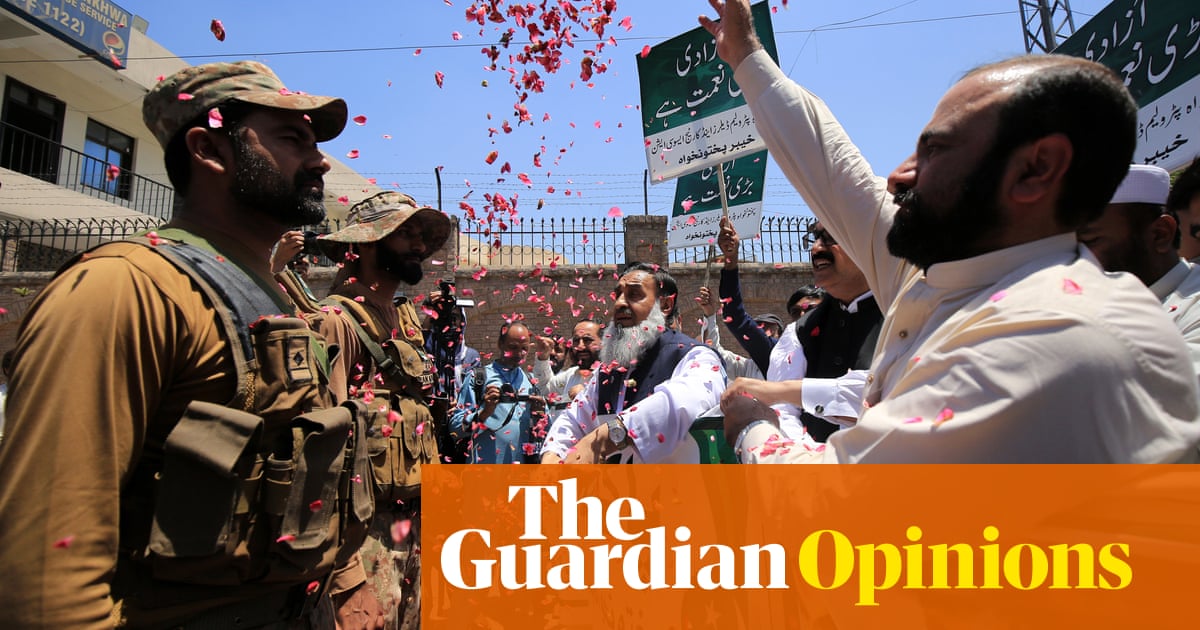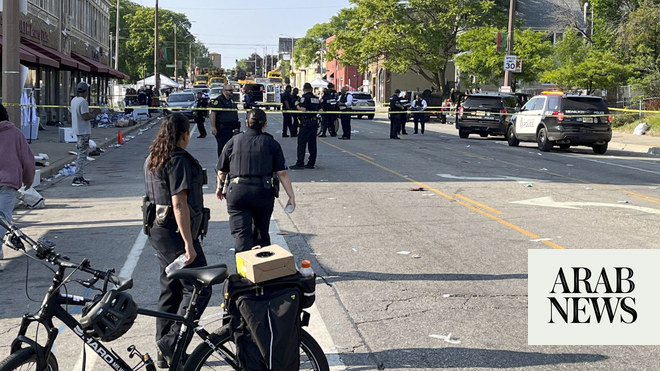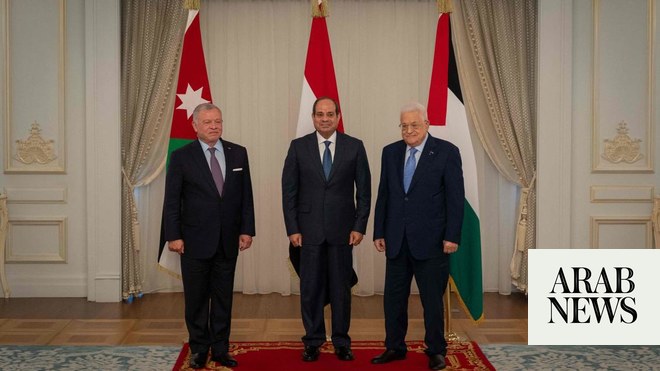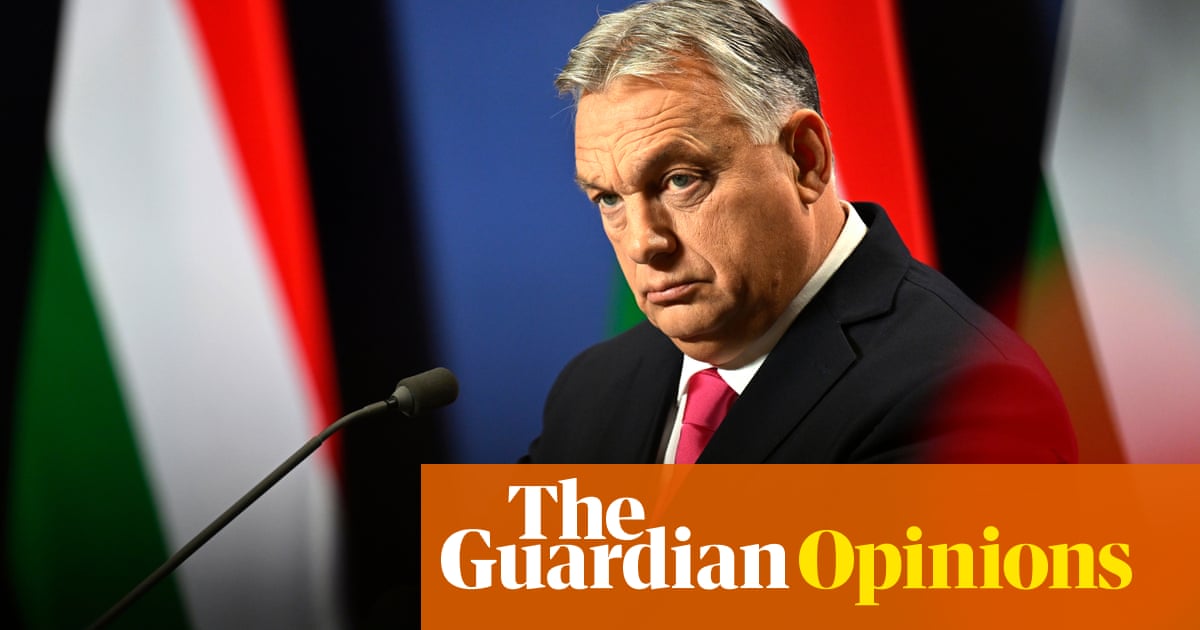
The last couple of weeks have been painful for Pakistanis at home and abroad, as the country drifted into chaos and vandalism after former prime minister Imran Khan was arrested on corruption charges earlier this month. As protests and attacks on government and military buildings intensified, at least nine people were killed and thousands arrested, to be tried, it is feared, in military courts. It seems more such days are yet to come.
All state institutions, including parliament, the judiciary and the army, are at loggerheads. The country is facing a constitutional crisis, politics has failed and the economy is in a shambolic state. The sad part is that not one player has shown any willingness so far to pull back. The stability of the world’s fifth most populous country is at serious risk.
The recent violence has captured the world’s attention, but like every other crisis, the seeds of this one were sown long ago.
With the end of military rule in Pakistan in 2008, many were hopeful of a new beginning. The country needed healing, having lost former prime minister and main opposition leader Benazir Bhutto months earlier in a devastating terrorist attack. Political leaders put aside their differences and worked on implementing the charter of democracy (COD), a roadmap towards democratic rule that had been signed by opposition parties during the dictatorship. Major amendments were made to the constitution, and powers tightly held by past dictators were devolved to the parliament and the provincial legislatures.
Initially, the balance of power seemed to have shifted from the military headquarters to parliament. Not for long, though. Sure of Pakistan’s importance to western capitals due to the nearby war in Afghanistan, and desiring to be seen as the sole powerbrokers, the military set about destabilising political governments in collusion with the judiciary, which often approved harsh measures such as martial law, and acted against its political opponents. For instance, the supreme court disqualified two prime ministers, in 2012 and 2017, on flimsy charges, and kept the sword hanging over others. But the largest assault on the democratic political system would come from Khan during the 2018 elections.
Returning to the mainstream of Pakistani politics with strong backing from the military, Khan was seen as leading a movement against the other two larger mainstream parties, the Pakistan Muslim League–Nawaz (PML–N) and the Pakistan People’s party (PPP), branding them corrupt, and responsible for the nation’s ills. His narrative and slogans resonated on the street, especially among the young (64% of Pakistan’s population is under 30). A messianic aura was manufactured and built around him, with the perception that Pakistan’s highest court had declared him truthful and honest, unlike his opponents. People joined his party, Pakistan Tehreek-e-Insaf (PTI), in droves, but the military was also accused of interfering extensively in the election.
From this point onwards, the military and its protege ran the country jointly in a manner that came to be known as the “hybrid regime”. Opposition leaders were jailed. And to silence dissent, media freedoms were curtailed. Khan is the only civilian leader in Pakistan’s history to be named as a press freedom “predator” by Reporters Without Borders (RSF). Before coming to power, his biggest campaign promise was to end corruption, but during his tenure, Pakistan slid further down those rankings, too.
However, partway through his time in office, cracks started to appear between Khan and then army chief, Gen Qamar Javed Bajwa. Tired of his foreign policy blunders, and sensing his unpopularity, Bajwa decided to pull the rug out from under him. Khan’s coalition partners withdrew their support, and the opposition was able to file a no-confidence motion against his government, finally ousting him in 2022.
Since then he has given the military and its political allies a run for their money in how he has undermined Pakistani democracy. He blamed the US and the military for conspiring against him, whipping up anti-American and anti-west hysteria while holding protest rallies across Pakistan. And he survived an assassination attempt, which he now blames on serving military officers. And yet, despite his shortcomings and failures in office, he was still the most popular leader in Pakistan.
But as the events of the past few weeks have unfolded, he and his party have, perhaps, taken things a bit too far. Reacting to his arrest, his supporters stormed the military’s headquarters, burned down a military commander’s house, attacked other government buildings and destroyed public property. The military hasn’t taken this lightly – and thousands of his supporters have been arrested across Pakistan. He faces an uncertain future, and the tensions between him and the new army chief, Gen Asim Munir, with whom he already has a chequered history, seem to have increased. This may hamper his prospects of returning to power in constitutionally mandated elections this year.
While Pakistan stands on the brink, selfish power games are being played without addressing the most pressing question facing the nation: whose job is it to run the country anyway? The military or elected representatives? For now, the sad truth facing our political leaders, whether it’s Khan or the heads of the other parties, is that they are all vying for one thing, and that is the military’s loving embrace – in order to come to power and stay in power.
Last week, Khan stated he is open to negotiations with the army, but has not engaged with democratic political centres like parliament. Despite everything that has happened to him at their hand, he is not principally opposed to the army’s position in politics.
Mustafa Nawaz Khokhar is a Pakistani politician who was a senator from 2018 to 2022












